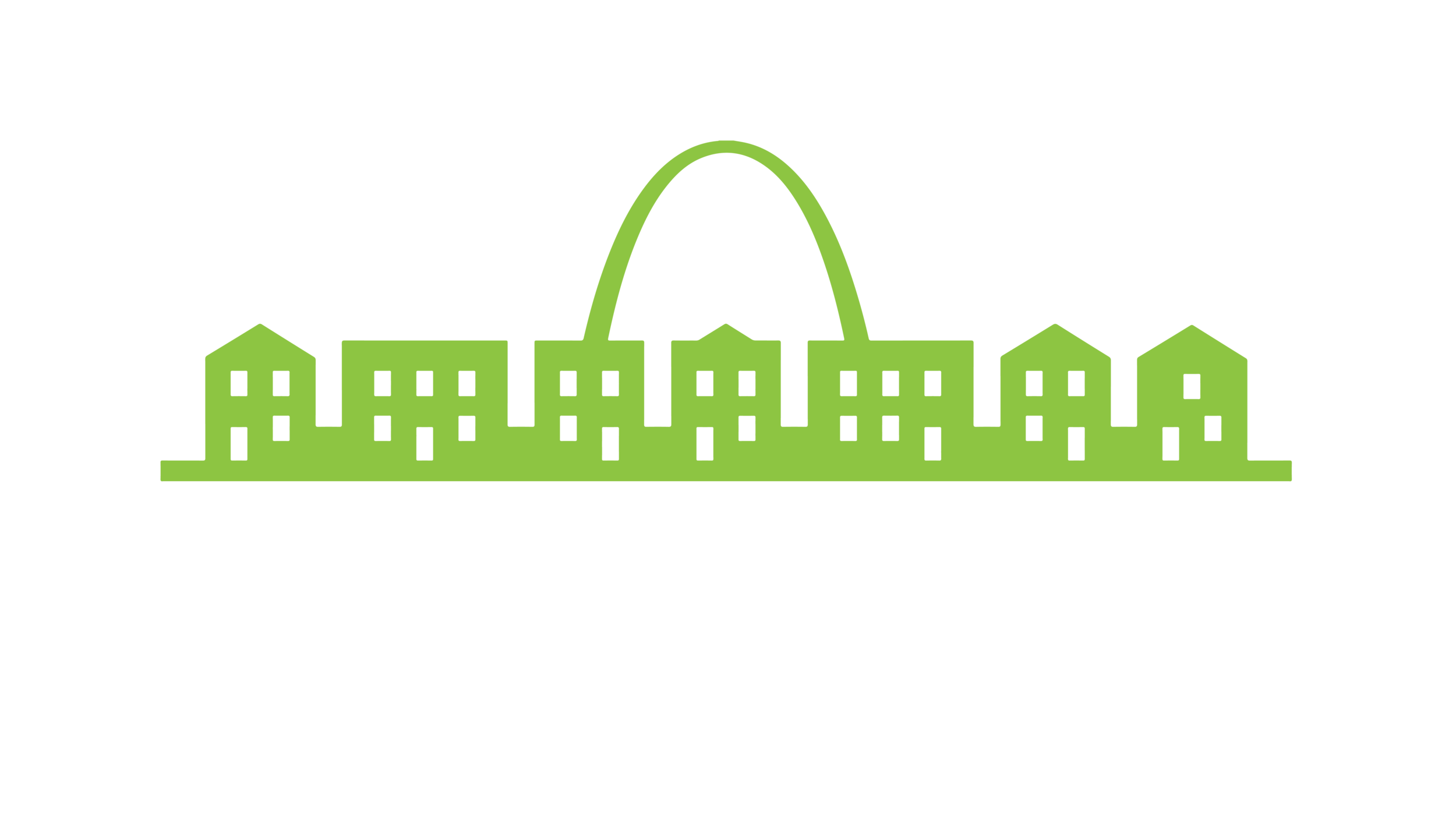How Stress Affects Our Students: Part 2
Trauma is part of life. Each of us will experience at least one traumatic event in our lives. It’s one thing to accept that trauma is inevitable, but does that mean we have to take those slings and arrows lying down? What can we do to lessen the toxic effects of trauma?
Erik is a social worker at St. Louis College Prep who works closely with our Beyond School students. We talked to him about the causes of traumatic experiences, how it’s effects can be problematic in the classroom, and the impact relationships can have to help resolve it.
Early adolescence is a stressful time for those threatened by poverty. Erik makes it his top priority to build trusting relationships with his students, “What’s unique about people who live in poverty is that they experience a lot more trauma throughout childhood – often multiple traumatic events.” Erik works with students who are grappling with these traumatic effects, like divorce, a family illness or abuse. He also helps students dealing with parental neglect, a more common source of trauma for his students. He explains this form of trauma happens because parents have so many other stressors, like providing basic needs and working multiple jobs, that their child’s emotional needs don’t get met.
Children who grow up without stable relationships built on mutual trust are on track to develop the serious chronic health conditions that are the result of repeated trauma. These conditions range from diabetes to heart conditions, depression, alcoholism and drug abuse. Erik adds that children who are struggling with the effects of trauma are not in a position to learn, “They’re always distracted. They’re not thinking with their learning brain, they’re thinking with their survival brain.”
“When you’ve gone through a lot of trauma, you don’t trust people, and you have very good reasons not to trust people.”
So what is the solution to the challenges that arise when students’ traumatic experiences get the better of them? Erik describes one solution to be dependable, trust-based relationships, “When you’ve gone through a lot of trauma, you don’t trust people, and you have very good reasons not to trust people.” Building these types of relationships with our students is Erik’s favorite part of his job. With these relationships, our students begin to feel safe and are willing to open up to him and other people around them like our volunteers and Success Coaches.
Erik explains that addressing students who’ve experienced trauma requires a mindset shift. He suggests wording questions better, such as asking “what happened to you [to make you react this way]?” instead of “what’s wrong with you?” This provides a reason behind a student's disruptive or challenging behaviors and helps resolve the issue to create a safe learning environment for everyone, most importantly our students.
In Beyond School, our volunteers and Success Coaches provide both social and emotional support to our students in hopes of resolving the tension traumatic experiences cause. Students need quality, trust-based relationships with the adults and our community needs to become more aware of the effects of trauma in their lives. With this knowledge, our neighborhoods can become empowered and develop relationships based on mutual understanding and compassion. This will go a long way to counteract the trauma of poverty and help transform lives in our city.
If you’re interested in transforming lives in our city through our Beyond School students, please contact Kayla at kayla.colona@missionstl.org!

